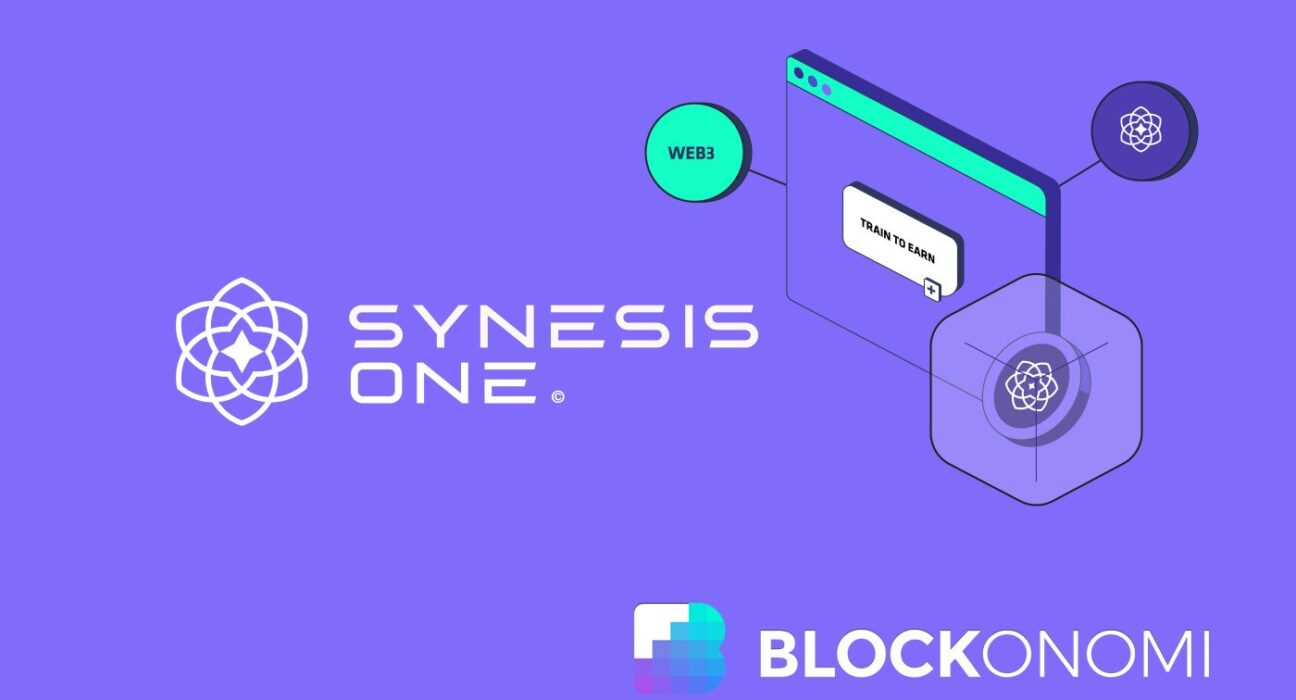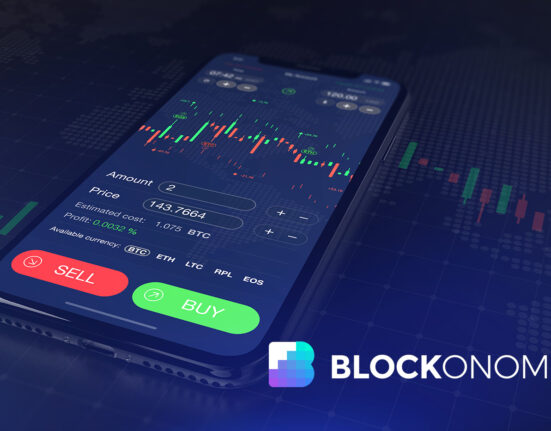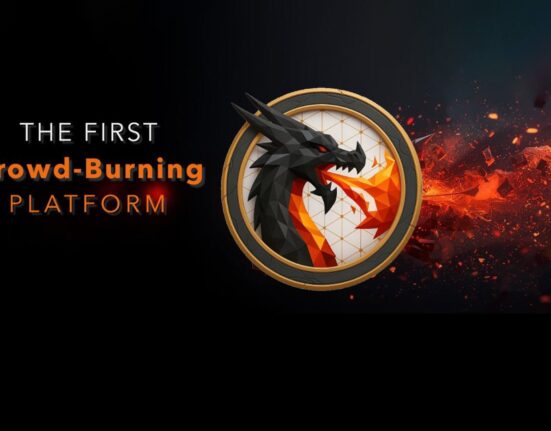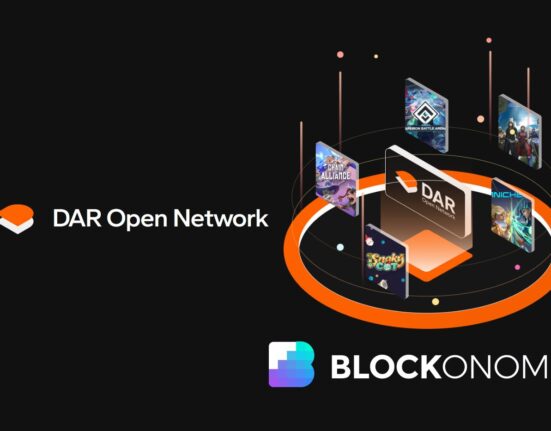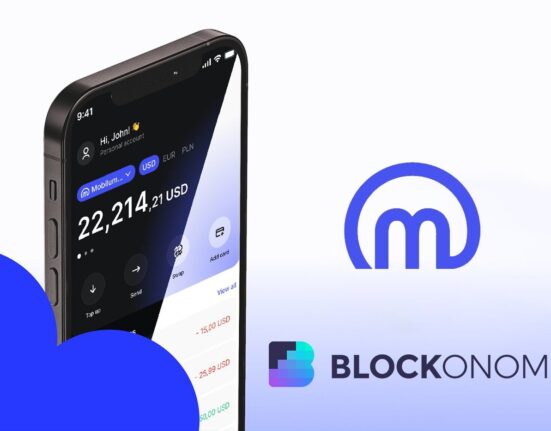The rapid rise of artificial intelligence has brought with it an uncomfortable truth that many would rather ignore: our AI models are only as good as the data they’re trained on.
For some, like the lawyers who found himself facing sanctions after submitting completely fabricated court cases to a federal judge after blindly trusting ChatGPT, this reality has come crashing down. The incident highlighted that the “garbage in, garbage out” principle was becoming a serious problem, something that industry insiders had known for yearsAI’s
This issue has only become more evident as enterprise adoption increases and powerful corporations continue to push their AI models to the world. Google’s Gemini made headlines when it generated historically inaccurate images, while ChatGPT has repeatedly been caught fabricating scientific papers, quotes, and statistics.
These aren’t just embarrassing mishaps but symptoms of a deeper problem: the questionable quality of training data being fed into these increasingly powerful models.
Today, most AI systems are trained on data scraped from the internet, including content farms, questionable databases, and often copyrighted material which has led to huge lawsuits.
Whereas many of these data sources have questionable credibility, others are controlled by a handful of tech giants with little transparency or accountability. This centralized approach to data collection has created a precarious situation where mistakes can cascade through systems that millions now rely on daily.
This is where Synesis One comes in.
By leveraging blockchain technology and Web3 principles, this platform aims to revolutionize how AI training data is sourced and validated. Unlike traditional data marketplaces, Synesis One operates as a decentralized crowdsourcing platform where expert contributors can earn $SNS tokens for completing micro-tasks that directly train AI models.
The result?
A transparent, accountable system that not only improves data quality but also ensures fair compensation for those helping to build the future of artificial intelligence.
What is Synesis One?
While Synesis One’s success largely stems from its innovative approach to data crowdsourcing and validation, the ecosystem powering is what makes this truly unique and possible. At its core, Synesis One operates as a Web3 data utility and NFT marketplace built on the symbiosis of two main components: SynesisDAO and Kanon Exchange.
SynesisDAO serves as the backbone of the platform, operating as a decentralized autonomous organization where contributors, data traders, and consumers come together around ontologies. The DAO’s primary function is to crowdsource ontologies in natural language format, which are then immutably stored as a permissionless public data utility, securing their authenticity, traceability, and accessibility.
The second pillar of the ecosystem is Kanon Exchange, a specialized NFT marketplace where users can trade unique ontology primitives known as Kanons.

These are particularly interesting because of their ability to be used as collateral and converted into DeFi assets, opening up possibilities for lending, borrowing, insurance, and other sophisticated financial operations. In a world where data is often called “the new oil” yet those producing it see little benefit, Kanons finally gives data its true value by making it a tradeable, verifiable asset that directly rewards its creators.
Technologically, Synesis One has taken a pragmatic approach to blockchain integration. The platform’s initial deployment (V1) runs on the Solana blockchain, chosen specifically for its low gas costs and high performance.
This choice ensures that the ecosystem’s three key stakeholder groups can interact seamlessly, without the prohibitive transaction fees that are often associated with other blockchains. The stakeholders are the Contributors who mine ontologies for rewards, Traders who participate in the marketplace, and Consumers who utilize the AI training data.
This tripartite structure ensures that each participant has a clear role and incentive within the ecosystem, creating a self-sustaining cycle of data generation, validation, and utilization.
Once the Synesis Onie team implements its plans for cross-chain expansion, all of these elements will come together to further ensure that the platform can scale effectively as the adoption of AI and Blockchain technologies grows.
The Technology Behind Synesis One
Synesis One’s architecture combines cutting-edge blockchain technology with a focus on scalability and user efficiency. The ecosystem is designed in such a way that anyone with the necessary expertise can provide data to train models with no knowledge of web3 programming or blockchain while being rewarded. Synesis has called this approach Train2Earn, which promises to become a driving force in AI development in the near future.
Ontology Mining Framework
Synesis One organizes ontology mining into distinct roles: Builders, Validators, and Architects. Builders generate domain-specific datasets, Validators ensure compliance and accuracy, and Architects curate and manage the integration of ontologies for AI systems. This structured workflow establishes a high standard of quality control, enabling AI models to access validated, application-specific data.
Kanon as NFTs
After being generated and validated, Ontologies are converted into unique, blockchain-registered digital assets termed Kanons. Beyond their function as data units, Kanons are designed for financial integration. They can be traded, fractionalized into fungible tokens through Atomic Splits, or leveraged as collateral in decentralized financial operations. These mechanisms ensure the monetization of data is both practical and transparent.
Blockchain and Interoperability
Synesis One’s decision to build on Solana was not merely a choice of convenience but a strategic alignment with the platform’s goals for scalability, accessibility, and cost efficiency. Solana’s high transaction throughput and low fees create a conducive environment for frequent interactions, whether minting NFTs, validating data, or distributing rewards.
This ensures that contributors, regardless of scale or frequency of activity, can participate without incurring prohibitive costs… a common barrier in many blockchain ecosystems.
However, the Synesis One team recognizes the limitations of relying on a single blockchain. As such, the roadmap includes cross-chain expansion to enhance flexibility, interoperability, and resilience. Cross-chain functionality will enable the platform to integrate with complementary ecosystems, facilitating interoperability with other blockchains and AI ecosystems.
Synesis Relevance Index (SRI)
The Synesis Relevance Index (SRI) is a dynamic ranking system that serves as a cornerstone for how Synesis One evaluates and rewards contributions. By analyzing the frequency and context of keyword usage within the platform, SRI offers a real-time snapshot of demand trends for specific ontologies.
This system not only ensures the relevance and utility of the ontologies but also provides contributors with actionable insights to maximize their impact while also balancing the supply and demand for Ontologies.
Each Kanon, representing a unique ontology primitive, entitles its holder to claim network rewards in $SNS tokens. The total claimable amount during each distribution period is determined by the Synesis Relevancy Index Score (SRIS), which measures the usage and importance of a specific ontology.
The Synesis One Team
The Synesis One team reflects the very ethos of the platform: bringing together experts from diverse fields to shape the future of decentralized AI. With backgrounds spanning AI, blockchain, healthcare, and entrepreneurship, the team’s collective experience mirrors the platform’s interdisciplinary approach.
Joshua Hong, Co-Founder and CSO, is a serial entrepreneur and venture capitalist whose experience spans technology consulting at Accenture and leadership in transformative educational programs like YPO’s Singularity University Seminar.
Co-Founder Paul Lee brings a unique blend of scientific rigor and entrepreneurial acumen as a clinician, AI founder, and Oxford-trained biochemist. Their combined leadership ensures a balance of visionary strategy and technical grounding.
CEO Isaac Bang, a seasoned technologist, bridges blockchain, AI, and gaming, having led NFT product development at IMVU. His expertise aligns seamlessly with Synesis One’s mission to fuse innovation and accessibility.
Together, the team represents the very principles Synesis One champions: harnessing collective intelligence and diverse perspectives to build a decentralized platform capable of revolutionizing AI data ecosystems. This reflection of the platform’s ethos reinforces its capacity to lead the AI-driven Web3 transformation.
Conclusion
Synesis One represents a pivotal shift in how AI training data is sourced, validated, and monetized. By combining blockchain transparency with AI utility, the platform doesn’t just solve the pressing issues of data quality and compensation but creates an entirely new ecosystem where contributors are finally recognized and rewarded for their role in AI development.
Platforms like Synesis One become increasingly crucial in ensuring that the transition to an AI-driven world happens transparently and with fair compensation for all participants. Synesis One is leading the way to a world in which anyone can contribute to training the AI models of the future without the barriers of centralized control or lack of accountability.


